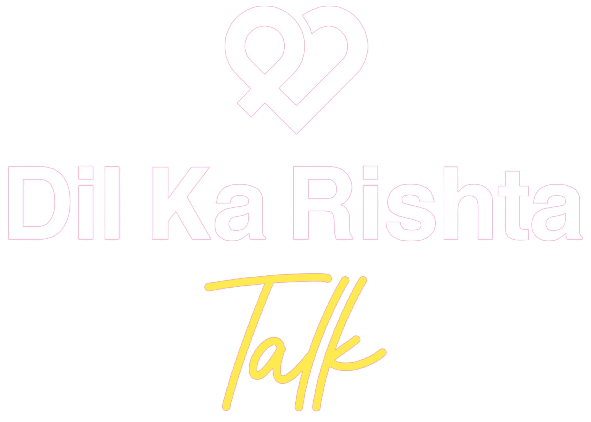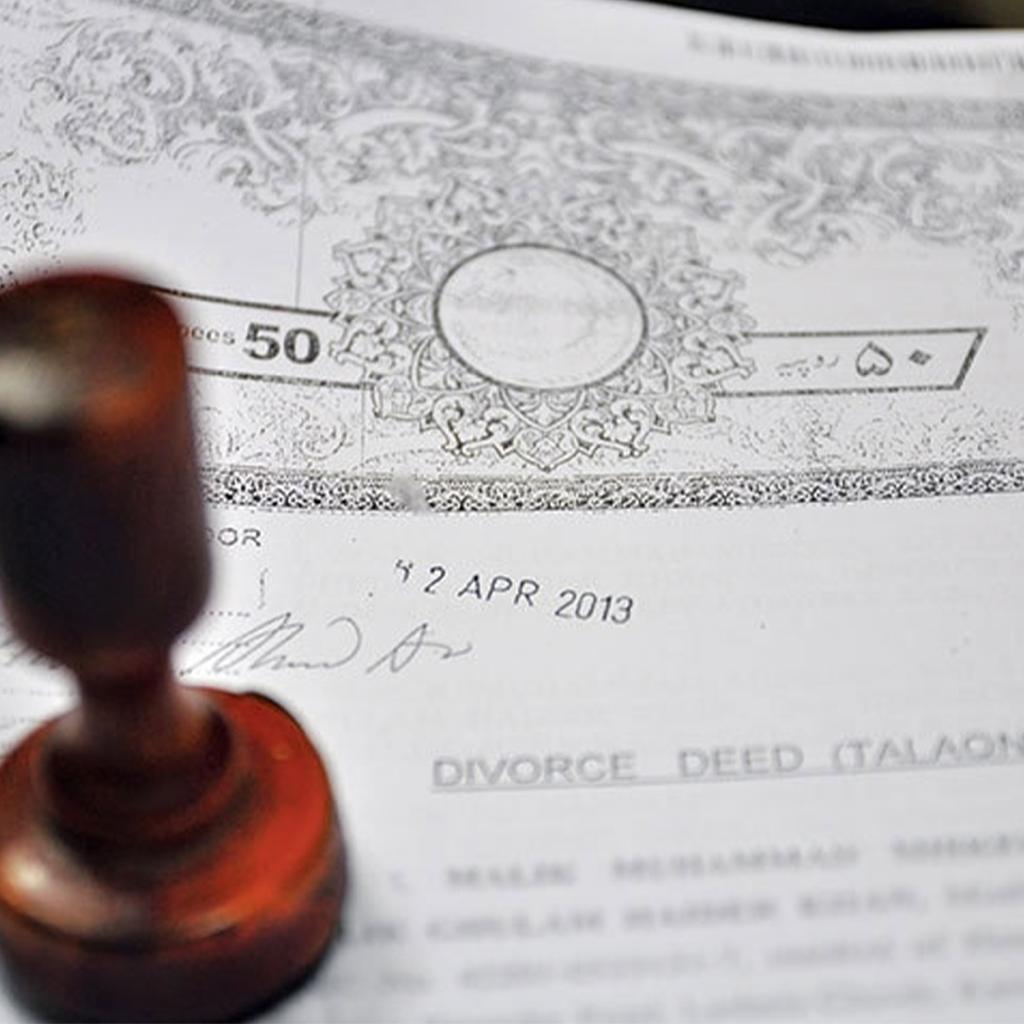Divorce has become a major social issue in the world and it trickling down to Pakistan does not come as a surprise as the country has witnessed a sharp rise in divorce cases as well. The dwindling economic situation has given birth to grave financial issues; a factor that has been a backbone in this crisis. Child marriages, forced marriages, joint family system, decreasing religious values, and minimum to zero sexual literacy have brought these cases to the staggering number that they are at. According to a 2019 Gilani Research Foundation Survey carried out by Gallup & Gilani Pakistan, 58% of Pakistanis believe that divorce rates in Pakistan have increased in the country. 2 in 5 Pakistanis believe that the in-laws are responsible for most of these cases.
In the first quarter of 2020, 3800 divorce cases were filed in Karachi. As of recently, the District Judiciary of Rawalpindi also reported 10,312 cases of divorce, khula, guardianship, and maintenance from January 1 to November 9 in 2021. Around 70 percent of divorce cases were of women who had married of their free will. 13,000 more cases are awaiting adjudication in the family courts of Rawalpindi district.
Moreover, Rawalpindi family courts also ordered 41 women to reconcile with their husbands after settling affairs while 2,135 others opted for free-will marriage during the same period. Criminal and family lawyer Advocate Hamid Rashid Gondal reveals only a small number of divorce cases get resolved in court. “Only 10% of these cases see a reconciliation wherein the couple has not been divorced, 90% end up in bitter divorces owing to their circumstances.
Advocate Gondal further explains why major cities like Karachi and Rawalpindi have been in the news for rising divorce cases recently. “Many couples from the adjoining areas of big cities prefer filing cases away from home due to privacy concerns from their families especially in Southern Punjab where literacy rate is very low and women do not know their rights. This is primarily due to the tribal mindset of most of these places that the couples flock here.”
Forced marriages are another factor contributing to the mounting number of divorce cases in Pakistan. “The number of these cases has increased at an alarming rate, especially in our rural areas. Patriarchal pressures like family honor are ruining the lives of young girls where they are forced into such marriages against their will,” added Advocate Gondal. However social media has played a pivotal part in raising mass awareness about women’s rights in many urban areas where these numbers are comparatively low.
The lockdowns amidst the Covid-19 pandemic took a toll on the private lives of many as Pakistan witnessed a skyrocketing number of divorce cases. While joint family systems work for some, they added to the woes of many due to the interference of in-laws. In lockdowns where people were forced to work from home with very little to no activity, cases like anxiety and depression mounted. Many couples suffered privacy issues and hidden frustrations ignited relationship problems with no room to ventilate for either gender. This resulted in many cases of domestic violence with a significant number of intimate partner violence cases being reported as well. Women suffer most from that abuse when they are forced into it that too without their consent early on in their marriage.
“Sexual intimacy and emotional intimacy are two different things. A lot of such cases have been reported where partners have been sexually available but not emotionally available. Such relationships do not work,” says Naeema Sarfraz, a clinical psychologist in Lahore.
This undesired act of divorce has adverse consequences on both males and females. “When societal pressures force couples to be in an unwanted marriage, the dissatisfaction in the relationship creates a rift,” she further adds. It is the need of the hour to do away with taboos and inculcate acceptance in society.













